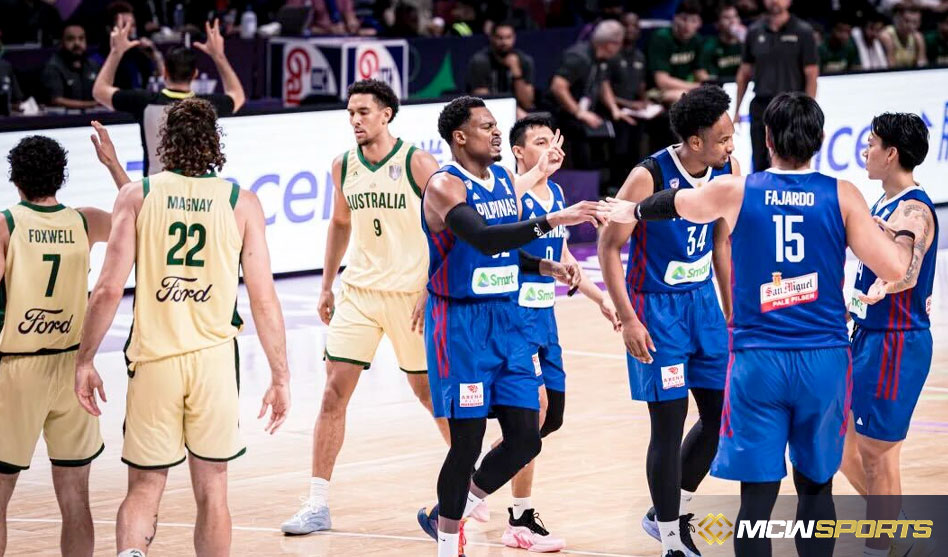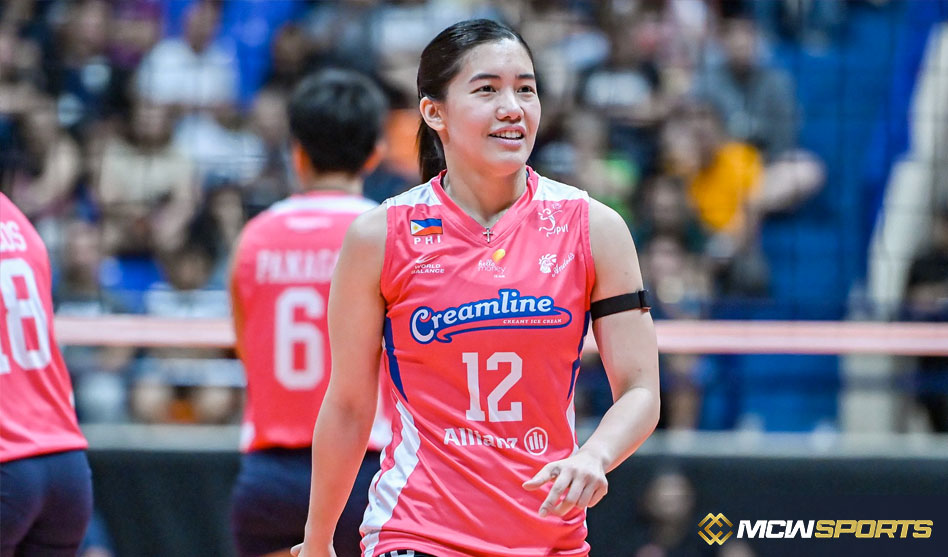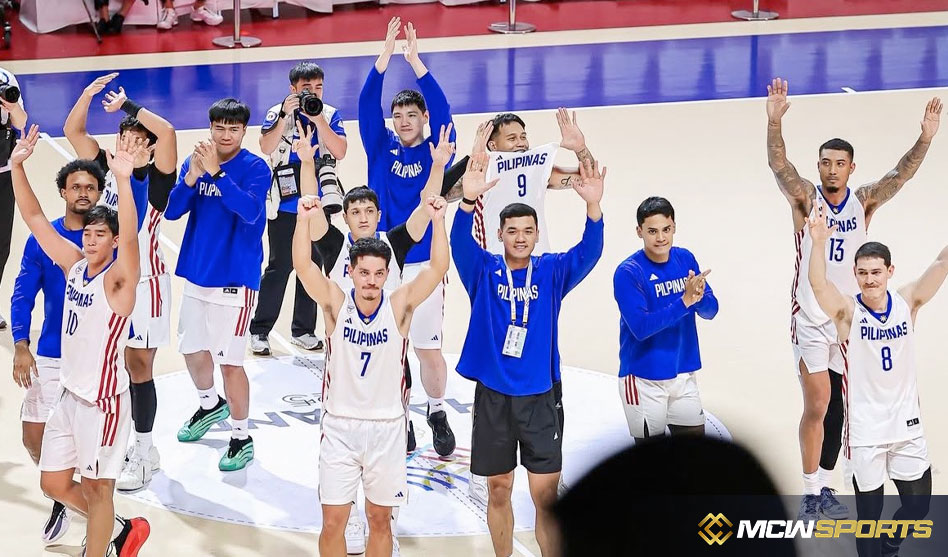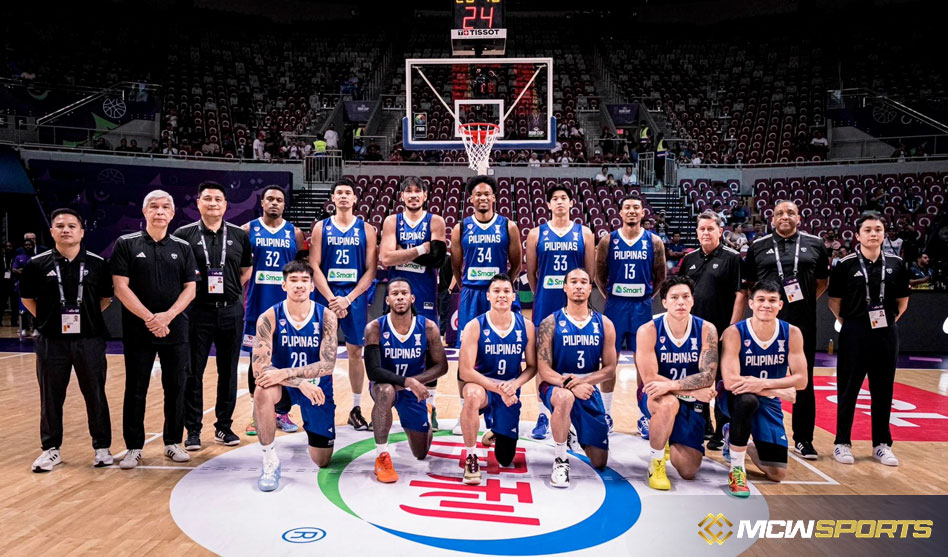MANILA, Philippines – Gilas Pilipinas is quietly determined to change expectations going into their highly anticipated quarterfinal matchup against two-time Asia Cup champions Australia. As the underdog in the event, the Philippines views the unexpected encounter with a formidable foe as a defining moment, as significant as any golfer’s chance for atonement.
A dominating Australian team with a perfect winless record in Asia Cup play since entering the competition will face the unseeded Filipinos, who are riding a comeback spurred by an overtime victory over the host nation. The Boomers have advanced as the preferred elite, navigating the group stage with clinical precision. Nevertheless, Gilas has established itself as a dark horse with the courage and unity to level the playing field.
The roster is marred by injuries: the Philippines’ rotation is shortened as two important players, CJ Perez and Calvin Oftana, are out with ankle problems from previous games. Concerns over available legs in a demanding, winner-take-all format are raised by the lack of those seasoned performers. The surviving core, however, has adopted a cohesive identity that is bolstered by quick ball movement, prompt attack, and a roster inspired by hardship.
Fundamentally, the Philippine side continues to have faith in its organization. The coaching staff keeps highlighting the team’s daily routines, which include constant preparation, system knowledge, and mental preparedness. Gilas’s clutch overtime play against Saudi Arabia secured a quarterfinal berth, demonstrating the value of such discipline. With that momentum and confidence in their own abilities, the group believes they can easily stun the Boomers.
Australia is a formidable opponent going into the contest. Their team’s ability to sweep the group stage demonstrated that they were skilled in all areas, including scoring, grabbing rebounds, blocking shots, and making three-pointers. In addition to being the greatest in Asia, the Boomers have become one of the most reliable groups in the area. But rather than seeing that reputation as a threat, the Philippine squad sees it as inspiration.
The upset depends on stylistic alignment from a tactical standpoint. Gilas believes that the Boomers’ athletic advantage can be lessened via disruptive defense, tight rotations, and perimeter control. In order to upset the opponent’s rhythm early and stop a barrage of fastbreak or transition points, they also intend to enforce a high-energy start. Leveling the playing field between countries is seen to depend on maintaining structural discipline and preventing open looks from deep.
The Philippines needs to score goals quickly and effectively on offense. Emerging players will be required to shoulder scoring burdens, take advantage of mismatches, and respond calmly to every defensive adjustment while the naturalized star maintains a pivotal role. Australia’s tight defensive rotations will be unlocked in large part by ball circulation and off-ball movement.
Gilas is aware of the difficult task that lies ahead, though. It is impossible to overlook the fact that you are up against a twice-as-deep opponent who is bigger, more seasoned, and more rested. The Philippine team will need unity, role clarity, and disciplined execution to compete head-to-head. They understand that errors will be amplified and that failures may have tangible repercussions. Their dedication to detail, particularly in transition defense and closing out shooters, has been spurred by this notoriety.
Nevertheless, the clash is seen as a benchmark rather than a predetermined conclusion. If it happens, a win would be a seismic statement and the program’s first semifinal berth in ten years. A competitive performance would demonstrate growth and offer fresh optimism for upcoming seasons, even in the case of defeat.
In the end, Gilas Pilipinas enters this quarterfinal as a team full of hope rather than as dejected underdogs. With urgency in their steps, a clear goal, and a willingness to challenge expectations as a group, they are prepared to test the mettle of Asia’s defending champions, using the underdog title as incentive.

 English
English










